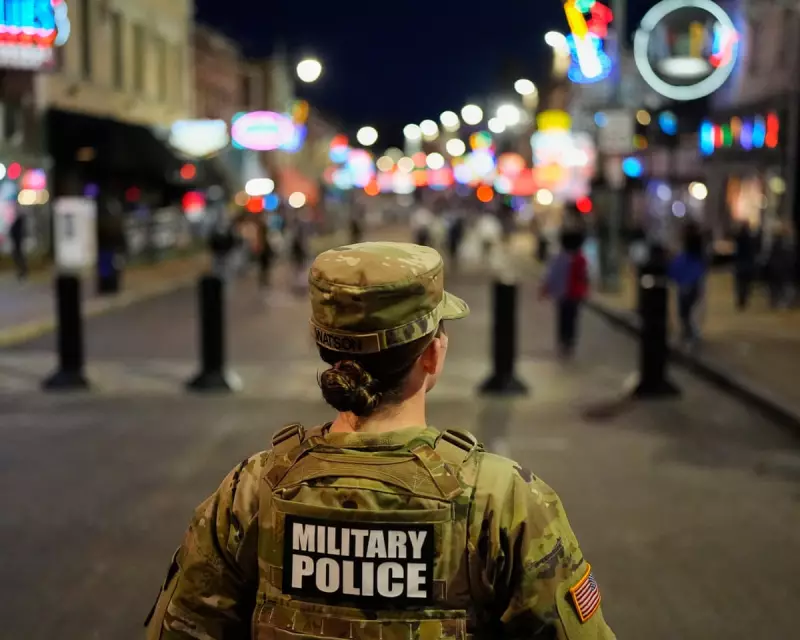
A federal judge has delivered a sharp rebuke to Tennessee Governor Bill Lee, issuing an emergency order that blocks the deployment of National Guard troops to Memphis amidst ongoing civil unrest.
Judicial Intervention in Constitutional Clash
The ruling comes after days of escalating tensions in Memphis, where protests have continued following the police killing of a young black man. Governor Lee had authorised the military deployment citing "public safety concerns," but critics argued the move represented an excessive use of force that could further inflame the situation.
In her strongly-worded decision, US District Judge Sheryl Lipman expressed serious constitutional concerns about the governor's actions, questioning whether the deployment violated citizens' First Amendment rights to peaceful assembly and free speech.
Community Response and Legal Arguments
Civil rights groups and community activists had filed an emergency motion seeking to stop the deployment, arguing that the presence of armed military personnel would have a chilling effect on legitimate protest and could potentially lead to more violent confrontations.
"The sight of National Guard troops patrolling the streets of Memphis sends exactly the wrong message," argued one community organiser. "We need dialogue and reform, not military occupation."
Political Fallout and Next Steps
The temporary restraining order represents a significant setback for Governor Lee's administration, which had defended the deployment as necessary to protect public property and ensure public safety. The state now has limited time to present its case before the court considers making the injunction permanent.
This legal battle highlights the ongoing tension between state authority and federal oversight in matters of civil rights and public protest, setting up a potential constitutional showdown that could have implications far beyond Tennessee's borders.





